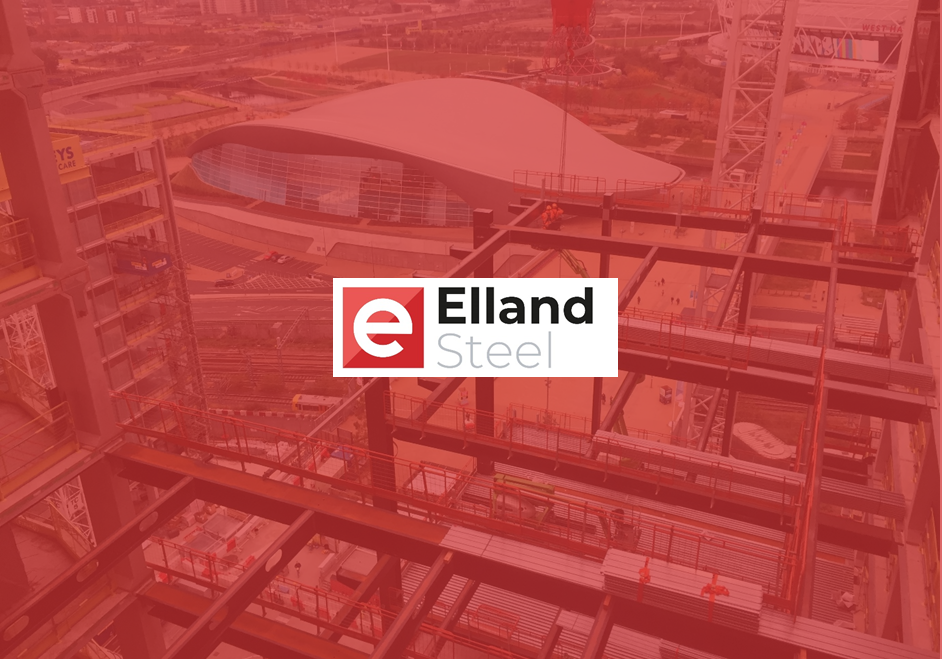Construction leaders have raised concerns that changes to insurance regulations could delay the sector in delivering essential work on building safety and threatening the viability of businesses.
The Construction Leadership Council has published findings from its own survey, saying that cost increases and new restrictions on professional indemnity (PI) insurance are preventing companies from undertaking essential work; putting at risk both building safety and businesses’ sustainability.
Professional indemnity insurance covers businesses or contractors if clients claim a service provided is inadequate; offering protection for financial loss if a client is unhappy with a service or advice given, or if personal injury or property damage arises from negligence, error or omission.
While it isn’t a standard legal requirement for all businesses, it is mandatory for members of some professional bodies, such as solicitors, engineers or architects, and required by some regulators.
But now the Construction Leadership Council says it has found that companies are having to turn down projects or change the types of work they undertake due to tighter restrictions on cover for safety-related projects, in particular around delivering cladding or fire safety.
It surveyed more than 1,000 businesses, consultants and contractors, ranging from small and specialist firms to £50m+ turnover companies. Of those, a third of respondents and a fifth of respondents have total exclusions in place for claims related to cladding and fire, respectively. However, less than 3% of respondents had had to pay claims relating to cladding or fire safety in recent years.
For the 29% who said they were unable to secure adequate cover, 46% were unable to secure cover for existing work-types while 53% were unable to secure cover for potential projects. As such, more than a quarter said they have lost out on work, forcing many to adapt and change the nature of work they do.
Challenges in securing professional indemnity insurance have been created in part by limited number of insurers providing the coverage. This is also coupled with tightened restrictions and risk aversion following the Grenfell Tower disaster in 2017, and the ensuing independent review into building and fire safety.
Without the requisite insurance, this, the Council says, is not only making it “unsustainable for [some] to stay in business”, but impacting on the construction sector’s ability to work, “undermining efforts to deliver remedial work to ensure building safety”. This knock-on effect means main clients and landlords may be unable to source suitable, skilled contractors to complete important works.
As risk mitigation, and even risk aversion, becomes more the norm, particularly in the current economic climate of recovery, it is essential for main clients and building owners to ensure contractors have adequate cover.
Scrutiny of suppliers and contractors, along with contracts and insurances, is now an added element of risk planning. And with some firms said to be opting out of PI insurance, as opposed to taking restricted cover, this scrutiny is more important than ever.
While the insurance itself is becoming either more expensive or more difficult to secure, industry bodies are working to support businesses to either adapt operations to fulfil insurers’ criteria or accommodate new terms. The Royal Institution of Chartered Surveyors (RICS) has launched new guidance which will support more chartered surveying businesses to secure fire safety cover in their insurance.
And insurers themselves are calling for reforms to both regulations and culture, to ensure safety of buildings remains the priority. The International Underwriting Association (IUA) has called for quality construction and safety to be prioritized over costs.
Understanding the value that professional indemnity insurance grants, at Elland Steel we hold £10,000,000 comprehensive coverage, offering assurance to both clients and supply chain partners.

